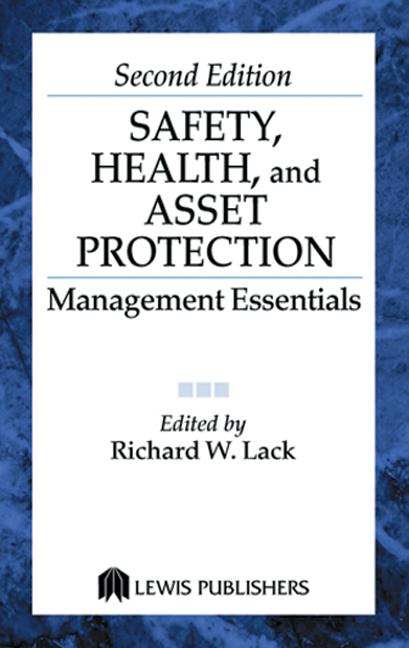Cancer state by state, warehouse worker MSDs, and a fatal fall at the Minnesota Vikings’ new stadium were among the top stories posted on ISHN.com this week.
Baby’s on the way—What about your respirator?
Pregnant women may turn to maternity clothes for comfort but may wonder whether they need a new respirator in the workplace.
What about smoke alarms for the hearing impaired?
NFPA offers Fire Prevention Week message in American Sign Language
The National Fire Protection Association (NFPA) has produced an American Sign Language video for Fire Prevention Week. The Fire Prevention Week theme – Hear the Beep Where You Sleep: Every Bedroom Needs a Working Smoke Alarm – is conveyed through American Sign Language interpretation, voice-over, and open captioning.
AIHA signs MOU with NIOEH
The American Industrial Hygiene Association® (AIHA) has signed a Memorandum of Understanding (MOU) with the National Institute of Occupational and Environmental Health (NIOEH) in Vietnam.
Worker dies in fall at Vikings’ stadium
A construction worker fell from the roof of the Minnesota Vikings’ new stadium yesterday and plunged approximately 50 feet to his death, according to news sources.
Where you live in U.S. affects your chances of dying from cancer
Appalachia, Southern states at highest risk
Cancer death rates vary nearly two-fold when mapped by U.S. congressional district, with rates generally lowest in Mountain states and highest in Appalachia and areas of the South, according to a new analysis by American Cancer Society researchers.
How one supermarket chain is preventing MSDs among its warehouse workers
OSHA is hoping that other companies follow suit
Before consumers get to choose products in the supermarket, workers in warehouses nationwide pack bulk quantities of merchandise onto wooden pallets and load them onto delivery trucks. The nature of this work puts the people who do it at risk for serious sprains, strains and other musculoskeletal injuries.
Precautions can improve cold-room comfort
Work in cold, damp conditions can be uncomfortable, even just for an hour or two. However, workers who prepare food for 8-hour shifts in refrigerated, 40°F food preparation and storage enclosures called cold rooms may feel extremely uncomfortable, have declining work performance, and be more likely to get hurt on the job.
Baseball fans in danger from foul balls
After yet another serious injury to a fan hit by a foul ball, Major League Baseball (MLB) is under increasing pressure to mandate the installation of nets around the foul lines – something which is currently left up to each team.
Statement from new CSB chair Vanessa Allen Sutherland
Chairperson is appointed by president, confirmed by Senate
I am honored to begin my five year term as Chemical Safety Board Chairperson and Member. I look forward to a highly productive and collaborative experience with my fellow board members and the CSB's staff.
Federal officers exposed to high levels of lead
Hundreds of U.S. air marshals and federal Bureau of Prisons employees were exposed to dangerous levels of lead while pursuing required firearms proficiencies at gun ranges sanctioned by the federal government, according to an investigation by the Seattle Times.
Teen e-cigarette users more likely to start smoking
Students who have used electronic cigarettes by the time they start ninth grade are more likely than others to start smoking traditional cigarettes and other combustible tobacco products within the next year, according to a new study funded by the National Institutes of Health (NIH).
Eco-friendly strategy starts in janitorial closet
When working with facilities transferring from a conventional to a green-cleaning strategy, there are a number of key steps that must be taken
It’s not enough to have emergency eyewash stations…
…companies must perform regular maintenance on them
Eyewash stations are critical emergency safety equipment intended to mitigate eye injuries when a worker has been exposed to a toxic substance, but if an eyewash station has not been properly maintained, using it could expose the worker to additional health hazards – or make the original injury worse.
OSHA launches new webpage on high penalty enforcement cases by state
OSHA launched a new webpage highlighting enforcement cases, organized by state, that have initial penalties above $40,000. Cases are based on citations issued to employers beginning Jan. 1, 2015.


